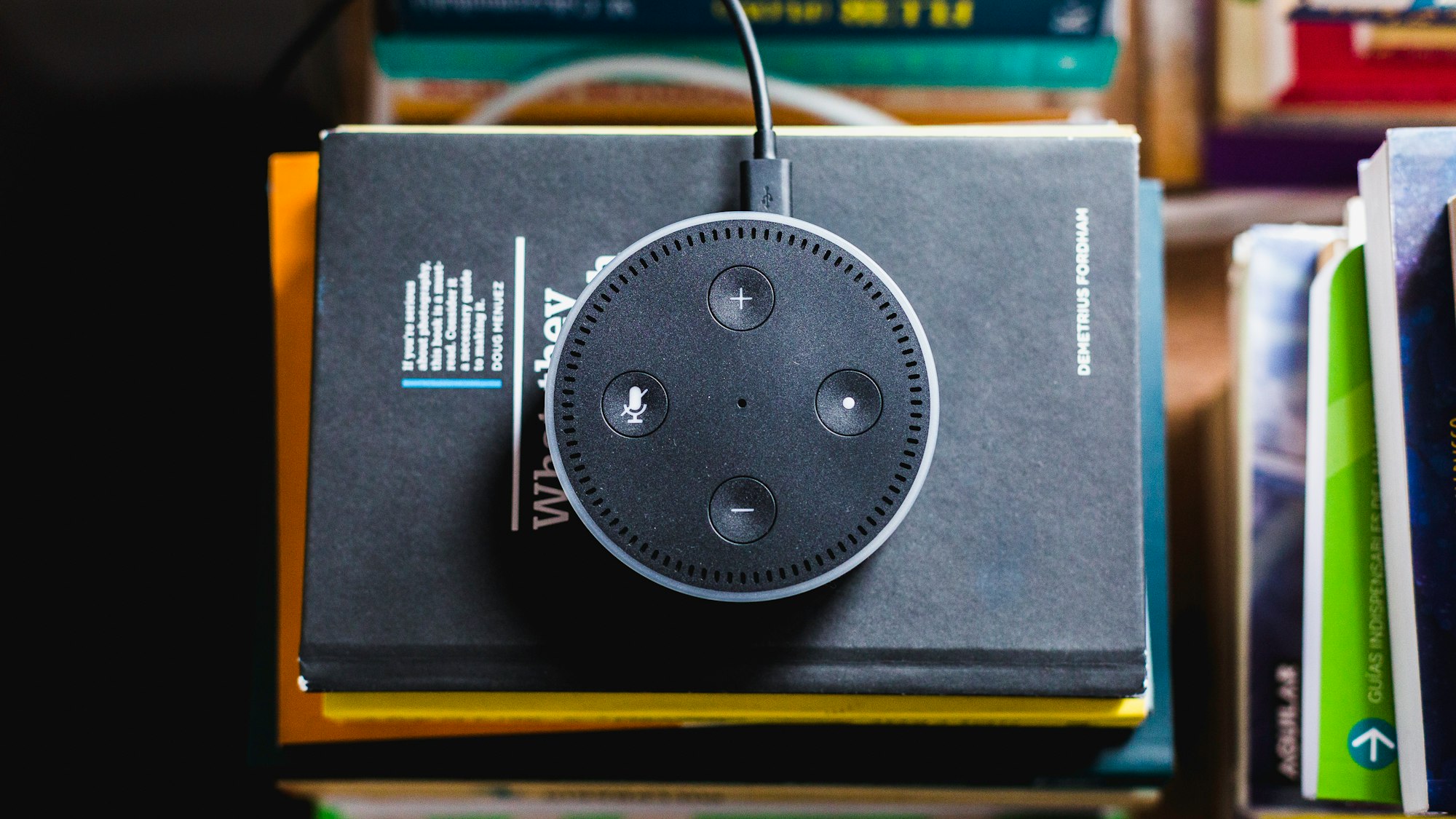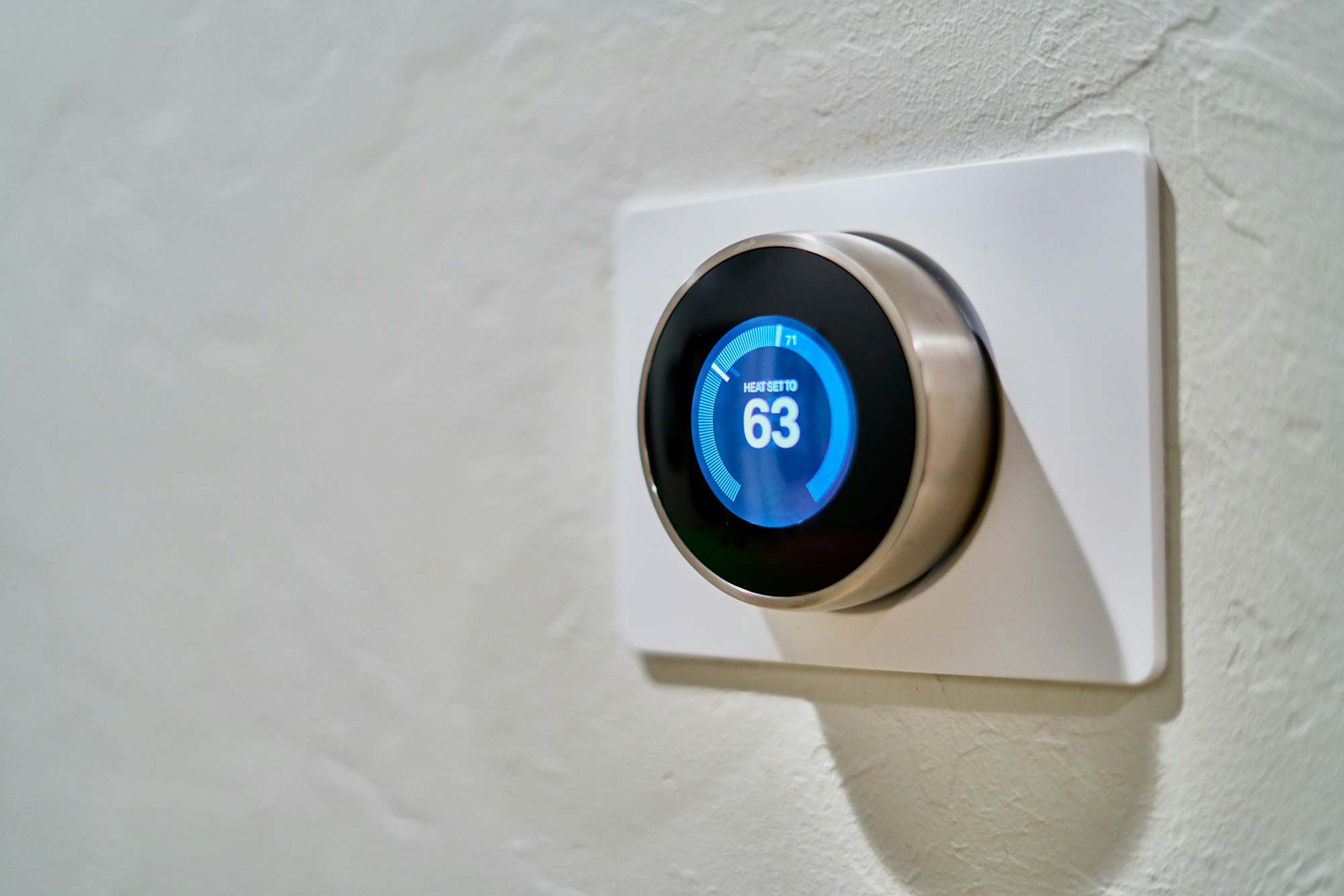The perfect hotel guest experience? - 6 Benefits of IoT solutions in hotels

Is personalised hotel service quality an illusion? In a perfect world, there are no more secret. Hoteliers know their guests’ favourite music, the room temperature they fancy, even their preference for tomorrow’s breakfast and free time activities.
It sounds like a far-fetched scenario, doesn’t it? Yet, the new wave of IoT technologies could turn dreams into reality. IoT solutions are present and soon will influence every aspect of our lives, including the hotel industry. But what does IoT mean?
“IoT (Internet-of-Things) solutions enable the connection and data transfer between electronic devices, instruments and everyday objects through internet connection. These intercorrelated tools are able to seamlessly communicate among each other without any human interplay. It initiates efficient information flow among these devices through internet connection that was not possible before.”
To mention few examples, these are devices like smart TVs, smart light system, thermostat, or automated speaker systems such as Alexa Echo Dot. Indeed, such innovative solutions easily become hoteliers’ best friend!
6 benefits of IoT technologies in the hotel business
Not only, it holds effective solution for the overall hotel business it also brings hotel guest experience to the next level. IoT solutions offer great advantages to improve service quality and potentially enhance guest loyalty. Now, let’s see the 6 core benefits of IoTs in the hotel industry.
1) Time saving
How about implementing online check-ins to avoid long waiting lines or smart speaker systems that enable guests to place their breakfast orders, or to book an activity or to report issues? IoT solutions reduce wasted labour hours and resources through a flexible and more dynamic workflow among all divisions of the hotel. Thus, it enables the staff to focus on their core competences and upgrade service quality.

2) Immediate repairs
Smart maintenance enables supervision on the status of devices through access of operational data. The hotel staff is notified of service mistakes and everyday defects that need to be repaired around the hotel via in-house navigation. Hence, no more complaints of lacking warm water, broken shower head or missing bathrobes from hotel guests.
3) Reduced energy waste
The adaptation of an intelligent thermostat can optimise the energy consumption by considering the usage patterns and time frame of the hotel guests, while it also turns off the bathroom light once it is not needed. Besides avoiding unnecessary energy costs, it generates a more environmentally friendly and sustainable brand image.
4) Personalised service
Hotel guests are the heart of the hotel industry and they appreciate special treatment that fits their personal preferences. Thus, hotels are motivated to deliver customised service to boost customer satisfaction and improve guest experience.
Adding in-room features (e.g.: Alexa Echo Dot) to the hotel service, could enable seamless guest experience. As an instance, by personalising room settings with virtual reality headsets customers can receive information about the best restaurants in the hotel area, entertaining activities or the nearest beach accesses.
An automated room service enables guests to reach the front desk to place orders or any special requests via TV and tablets without leaving their bed.
Memorising guests' personal preferences, for e.g. favourite dishes and free time activities, enables the hotels to provide customised offers and deals to their guests. Therefore, returning guests will receive personalised treatment, and the hotel enhances engagement with the guests and build customer loyalty.
5) Advanced data collection
Customer information is the extremely valuable and useful for hotel businesses and in order to understand guests’ personal needs and wants, IoT solutions offer major data collection assistance, for example through examining customers’ data usage.
Therefore, hotels potentially better their service quality by focusing on customers core interests and spending patterns. In this way hotels can provide suitable offerings for different customers' desires, however, it is important to respect customer data policy (GDPR).

6) Powerful Word-of-Mouth
Nowadays Word-of-Mouth has major impact on hotels' reputation and popularity as it considered a trustworthy source of information for travellers. Guests tend to share their travel experiences through reviews whether they are positive or negative to help others gain from their personal experience. Certainly, positive WOM is essential as the satisfied voice of guests makes the perfect testimonial, and it also boosts awareness and might attract future visitors for the hotel.
Conclusion
IoT technologies are game changers for the overall hotel industry and are steadily growing into a MUST-HAVE competence in order to differentiate on the increasingly competitive market. The adaptation of these IoT technologies promises growth for hotel businesses. Clearly, hoteliers should seriously consider implementing such technologies.
